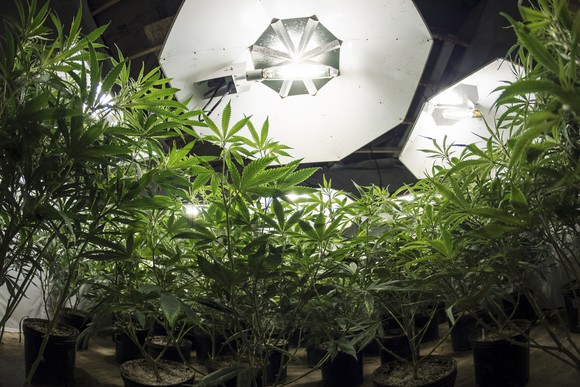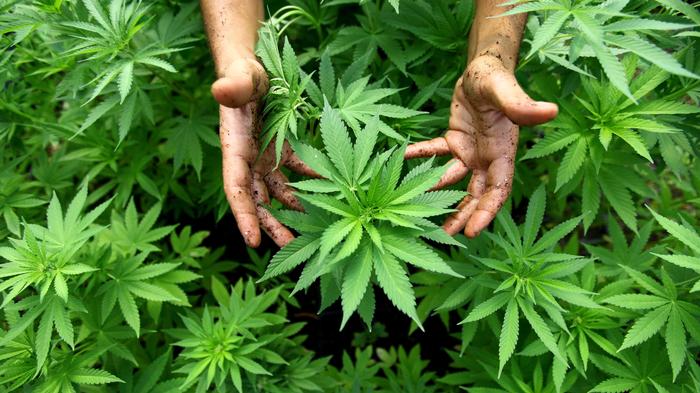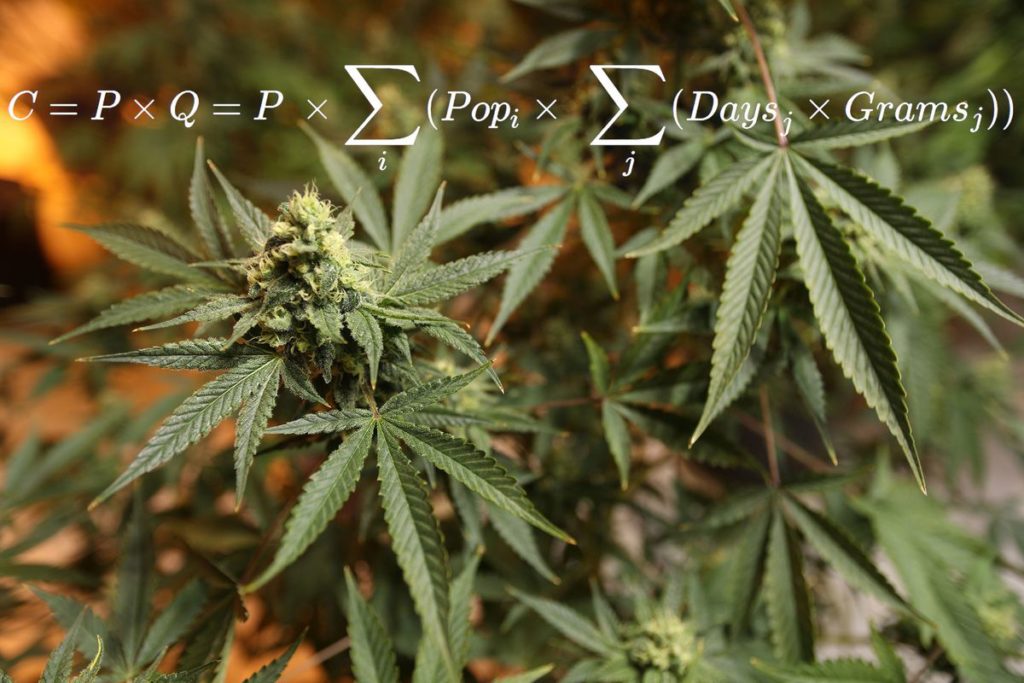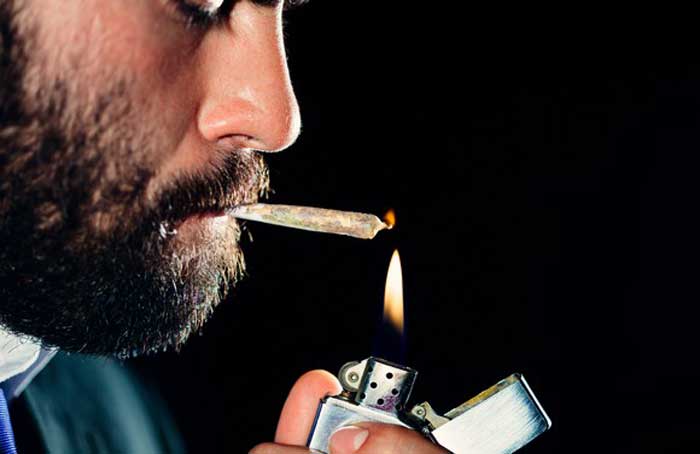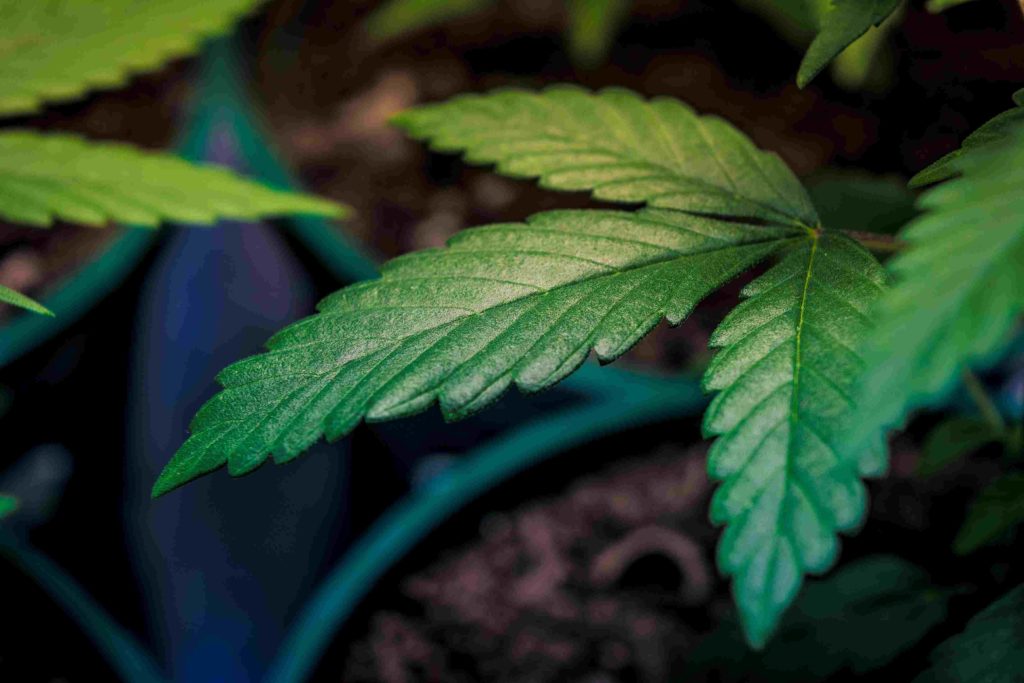The chief executive of Canada’s highest-valued marijuana company expects the government to impose strict regulations on packaging and advertising when it legalizes recreational use.
Prime Minister Justin Trudeau’s government is expected to unveil its proposed law Thursday, and is set to leave many of the details up to provinces. One of the key recommendations of a federal panel was that the government heavily restrict how marijuana is marketed and promoted.
Bruce Linton, chief executive officer of Canopy Growth Corp., predicted the government would do just that. The packaging will nonetheless include some details, such as the producer’s name and contact information, he said in an interview Tuesday.
“What you’re going to have is really boring packaging, for sure, which we’re not necessarily in favor of,” Linton said. He expects marijuana packaging rules will be more stringent than alcohol, but less restrictive than those for tobacco. “I think where we’re landing is somewhere in the middle.”
Shares of marijuana companies like Canopy have surged fourfold in recent months in anticipation of the recreational market’s opening, but several steps remain before legalization. Some observers are zeroing in on branding rules as something of a litmus test. Companies argued that allowing colorful, detailed packaging would help them build a following and undercut the black market — which is Trudeau’s chief objective — but there’s no sign that will happen.
Road Map to Legalization
The government is expected to draw heavily from an advisory panel report in crafting its legislation. Bill Blair, the lawmaker and former police chief leading the process, directed reporters to the report Tuesday when pressed for details.
In parliament, Trudeau said his key objectives are to keep marijuana away from minors and to cut off revenue to criminal groups that sell it illicitly.
Under the existing system, “it is easier for a teenager to buy a joint than a bottle of beer, and that is not right,” the prime minister said.
Smith Falls, Ontario-based Canopy, the first Canadian weed company with a market value of C$1 billion ($750 million), announced in October it was partnering with rapper Snoop Dogg on a line of products for the domestic market. Its shares closed 5.3 percent lower on Tuesday in Toronto.
The task force, which released its recommendations in December, urged “comprehensive restrictions to the advertising and promotion” of marijuana. It called for plain packaging that includes a company’s name, the name of the particular strain of marijuana, price, the amounts of active ingredients THC and CBD, and health warnings.
Taxation and Revenue
“The product is already in the market. Ziploc is my primary competitor,” Linton said, adding the chances of migrating users to the legal market without branding are lower. “I think we’re going to have the ability to educate, but not promote, at the point of sale.”
The panel recommended leaving many key details, such as retail rules and the legal age for purchase, up to provinces — meaning they won’t be spelled out when legislation is unveiled this week.
Government will also have little leeway to tax marijuana while undercutting illegal sales, according to a memo published Tuesday by the C.D. Howe Institute, a non-partisan think-tank. It found that government would raise C$675 million annually if it applies only existing sales taxes to marijuana, and wouldn’t raise more than about C$1 billion no matter how much it boosts the tax. High taxation levels, it found, would simply push users back toward the black market and lower government revenue.
If the government attempts to fill its coffers off marijuana, “it will undermine its efforts to regulate the market,” according to Rosalie Wyonch, a policy analyst who authored the report. Packaging and branding is part of the equation, too. “Allowing for branding may give people a reason to pay a premium in the legal market,” she said.
credit:420intel.com





